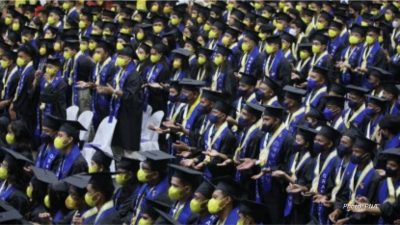MANILA — Despite ongoing tensions in the West Philippine Sea, Socioeconomic Planning Secretary Arsenio Balisacan emphasized on Wednesday that the Philippines should refrain from boycotting business ventures and economic partnerships with China. He underlined the necessity of safeguarding the economy under all circumstances.
Balisacan made this assertion during a briefing at the Palace when queried about whether the Philippines should sever economic connections with Beijing due to the continual harassment of Filipino vessels by Chinese ships in the West Philippine Sea.
“It’s crucial to approach this matter from a broader perspective,” he remarked.
“History has demonstrated that boycotts tend to be ineffective; this has been evidenced multiple times in the annals of nations,” he stated.
The recent tensions in the West Philippine Sea escalated when Chinese Coast Guard vessels deployed water cannons and attempted to obstruct Philippine vessels transporting supplies to Ayungin Shoal.
Balisacan suggested that it would be wiser for the Philippines to address the issues through diplomatic channels.
“As our President has asserted, ‘We maintain friendly relations with all and animosity towards none.’ Let’s uphold that stance,” he underscored.
“Preserving the economy is of paramount importance.”
China holds the position of being the Philippines’ largest trading partner, constituting $2.22 billion, which is 20.2 percent of total imports in October 2022, as reported by the Philippine Statistics Authority.
The Chinese boycott against Nike and Adidas regarding Xinjiang cotton seems to be losing momentum.
Moreover, China, encompassing Hong Kong, remains a key export market. In October, Hong Kong contributed $1.28 billion, equivalent to 16.6 percent of total exports, while China accounted for $959.59 million, representing 12.5 percent of total exports.
Beijing has also extended official development assistance amounting to P72.5 million for the rehabilitation of Marawi City.
In January, President Ferdinand Marcos Jr. garnered approximately $22 billion in investment commitments subsequent to his 48-hour state visit to China. (ai/mnm)







